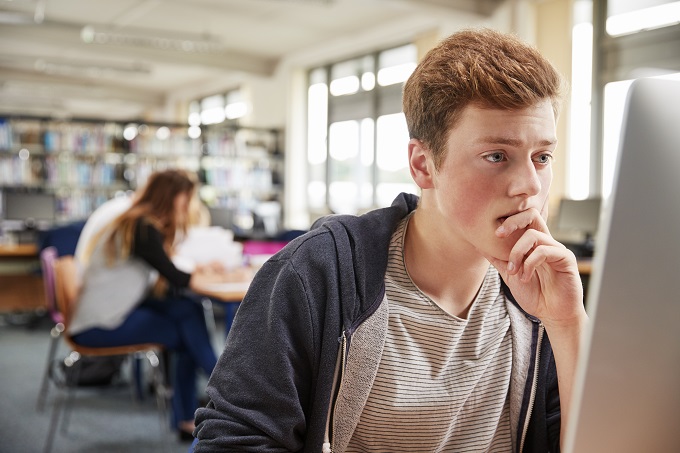
The online nature of the corequisites may be contributing to inequitable results. © Monkey Business - stock.adobe.com
$69 million will be used to help all schools offer online exams by funding network upgrades, ICT and cyber security support, and creating digital identities secondary school students can use to access NCEA Online.
A $49 million expansion of the Te Mana Tūhono programme will offer all state and state-integrated schools the opportunity to upgrade their network hardware by 2024, and will expand the programme to offer cybersecurity support. You can find out more about this on the Te Mana Tūhono webpage.
“This will give schools confidence they can offer their students a safe and secure online environment to take their NCEA exams online,” the government said this week during its announcement.
An additional investment of $20 million will be made over four years on digital identities for secondary students to enable them to access digital practice exams, sit NCEA exams online and check their NCEA results when they are released.
This will help reduce students’ stress around exam time, reduce the administration schools need to do to manage logons, and ensure the ongoing integrity of digital NCEA exams as more students take online exams.
This will make it easier for students to sit their exams securely online and will reduce the amount of work schools need to do to offer NCEA Online.
Additional school funding was announced this week, targeting post-covid recovery.
The much-delayed English draft curriculum is now out for consultation, generating discussion from teachers.
Research from AUT demonstrates arts, culture and recreation have positive impacts on all aspects of…
How effective has the school phone ban been in achieving its aims? Researchers from the…
School camps and excursions deliver hands on learning experiences, helping to consolidate classroom learning.
Innovations in AV technologies present new opportunities to engage with students. We look at how…
A new report from the University of Auckland’s Our Voices Project asks young people what…
This website uses cookies.